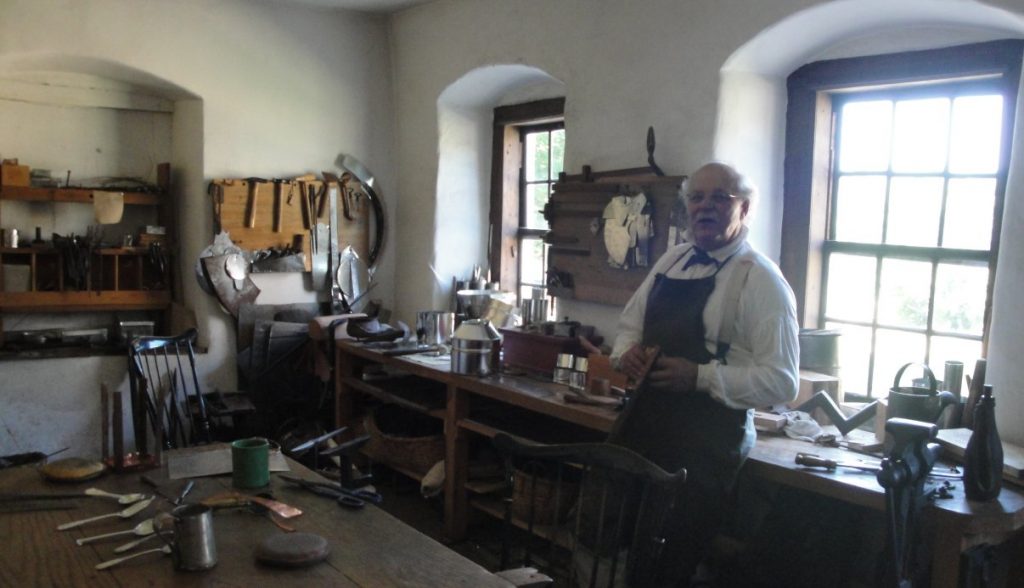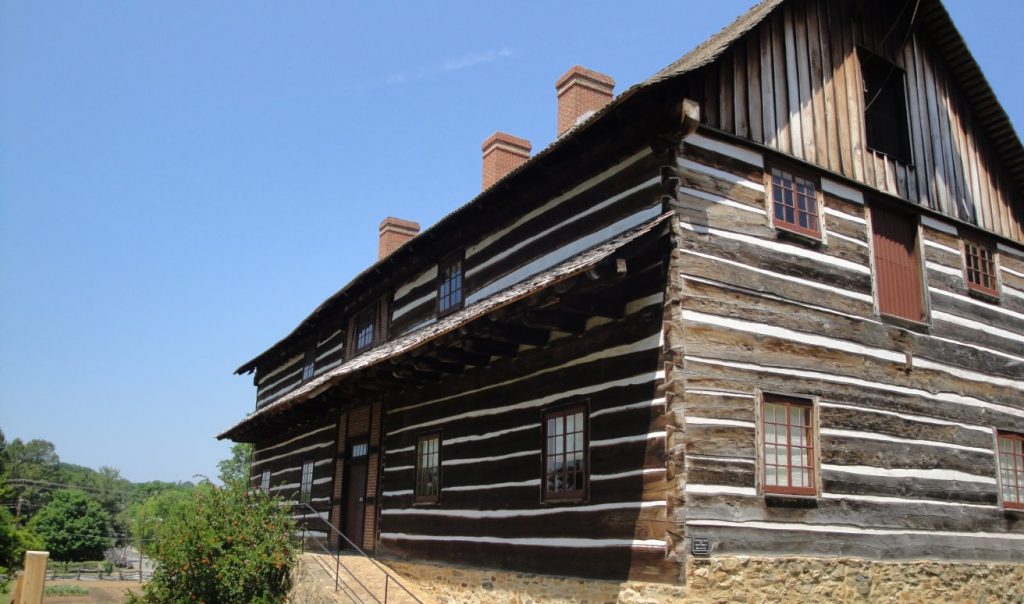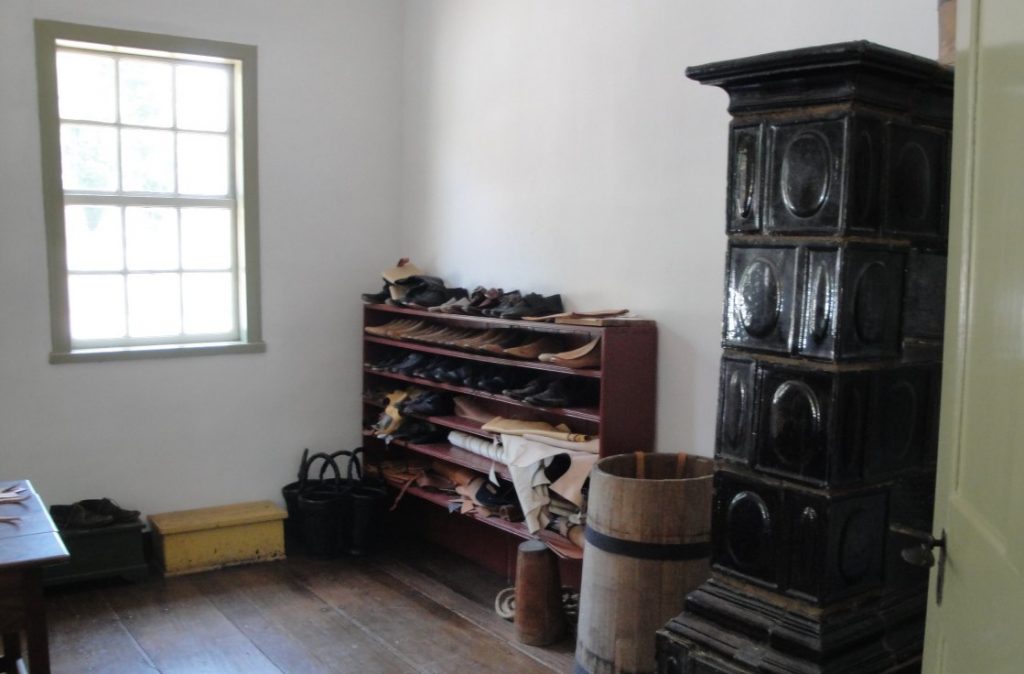
Shakespeare didn’t invent the concept, but he made it famous. I am at number five of the seven ages of man and considering whether or not the concept still makes as much sense in the modern age, when machines and medicines may change the way the whole game is played.
We still think today of the traditional career track, where we settle on a life-work when we are in our early twenties and stick to it until we are in our early sixties. After that we live off a pension or savings and whether we move to a retirement center in Arizona or Florida or whether we age in place, the remainder of our lives are just post scripts from the working/productive point of view. This really doesn’t work anymore.
For one thing, there is a crisis in Social Security and pensions. Franklin Roosevelt was very clever when he sold the country Social Security. It really is a type of Ponzi scheme, but he sold it as insurance and we have had that concept of it ever since. In fairness to Franklin, it was also a sort of insurance, since many workers did not live long enough to collect SS and nobody was supposed to depend only on it. Life expectancy was only 63 when Roosevelt proposed making the retirement age 65. Things have changed.
The last generation that will be able to depend on pensions and Social Security will retire within the next five years. There will not be enough young people to support the old people in the style to which they have become accustomed. “Young people” like me and younger, should expect to work longer and pay for more of our expenses through savings and continued work income and society will have to adjust to accommodate these needs.
As we live longer and healthier lives, as the physical demands of most paid-labor become less onerous and as our retirement funds run out of money, it just makes a lot more sense to keep working.
Staying on the job will mean getting rid of the old career paradigm we have today, as well as blurring the distinction between work and retirement. Most of us won’t be able to keep our current jobs and just tack on a decade or two.
For one thing, we have to move aside and give others a chance. This is especially true of managers and leaders. In the Civil Service, where longevity is rewarded, you often have the sad case a couple of workers growing old together. I say sad because one may have got the job only a year or two after the other, yet he could remain the junior guy for thirty years. We saw a similar higher profile case, BTW, with former Senator Ernest Hollings, who was the junior senator from South Carolina for nearly forty years, serving with Strom Thurmond, who hung around for almost fifty years and turned 100 while still in office.
Another problem is that we just get bored and/or our skills are overtaken by events or technologies. It is hard to keep up with changing requirements. Most of us tend to slow down in our search for improvement after we think we have enough. This makes perfect sense. It is like the old joke that you always find your lost keys in the last place you look … because who keeps on looking after that. Calvin Coolidge said that you should always leave when they still want you to stay and it is very sad if you don’t take that advice.
So if most people probably shouldn’t just keep on doing their current job, what should they do? I met a guy who has one of the most perfect retirement jobs. He is the gunsmith/tinsmith at Old Salem, where he crafts guns and tools by hand. He told me that he wanted to be an artist, but discovered that there were more talented people than there were places for them to work, so he went into business. After retirement, he got to indulge his creative side again doing a job and developing skills that keep him both useful and busy. His picture is up top.
Not everybody can get this exact sort of job, but there are lots of jobs that are functionally equivalent. I want to spend some of my productive golden years doing forestry and working on real estate development. My currently amorphous & slow moving dream is to work some cluster development into working forest and agricultural land, allowing them to exist in a symbiotic way. I think too many people are living too far from natural systems and I include in this group many who live in ostensibly “natural communities” that separate the work of man from nature. When Thoreau tramped though the nature around Walden Pond, he and his neighbors were aware of where their food came from and where the wood that would heat their houses next winter was growing. I think we should strive to strike a balance with nature – local nature – not separate ourselves and/or treat nature like part fragile flower in a museum that will be profaned by our touch and human actions. I hope to make that the work of my sixth age. It will be useful and I hope profitable work. I would like to make the kids and (eventually I hope) grandchildren part of that before I shuffle off this mortal coil.
Most people have something like this that they can do and want to do, something that will give them meaningful work until they can work no longer. I want to die with my boots on and I think most people want to keep working if they think about it. Years of leisure sound great until you have to live through them.
The Bible tells us that the lifespan of a man is three-score and ten. That’s seventy years and roughly ten years for each of the seven ages of man. We do better than that today.
If we tweak Social Security rules to make it easier and more lucrative for retired folks to work, I think more of them will. And if we made work rules more flexible to allow more part-time, flexible and intermittent work schedules, we can keep people working for decades past official retirement. New studies indicate that many of us will live to be 100 or 110. We really don’t want to work for forty-five years and then retire for another forty-five years and just wait listening for the steps of the grim reaper. Old people can be assets or burdens to the earth. Increasingly it is a choice get to make ourselves.

Above is the single men’s workshop at Old Salem. Below is the shoe maker’s room in Old Salem. There is a story about a man who was in a terrible accident. When he woke up in hospital the doctor said, “I have some good news and bad news for you.” The guy asked for the bad news first. The doctor told him, “we had to amputate both your legs.” The guy shouted back, “what could possibly be good news to make up for that?” “The guy in the next bed wants to buy your shoes.”

